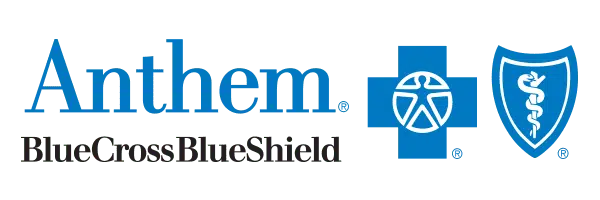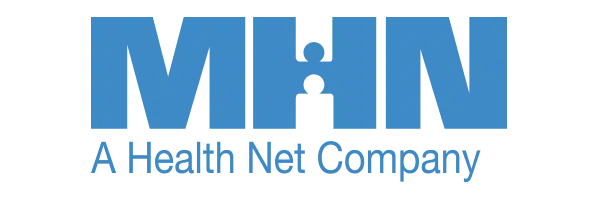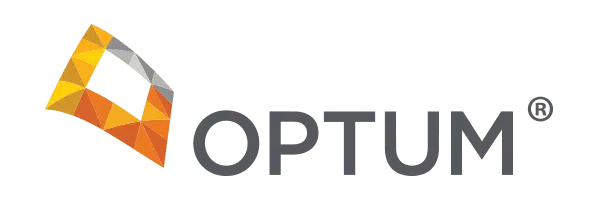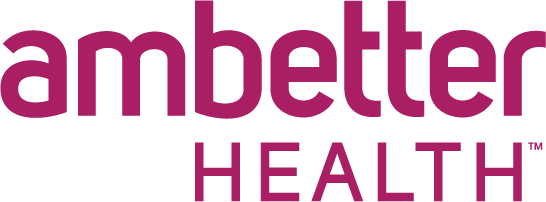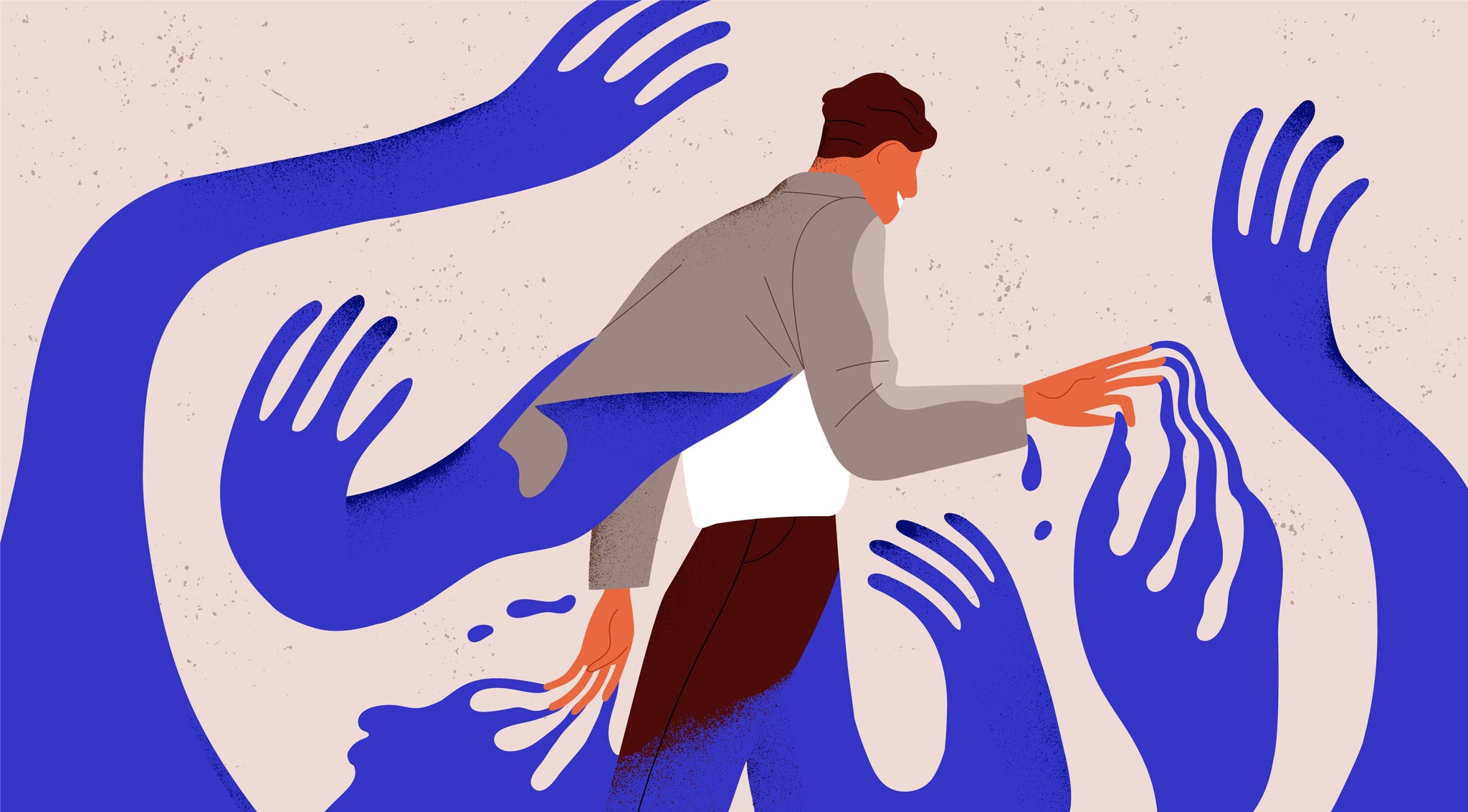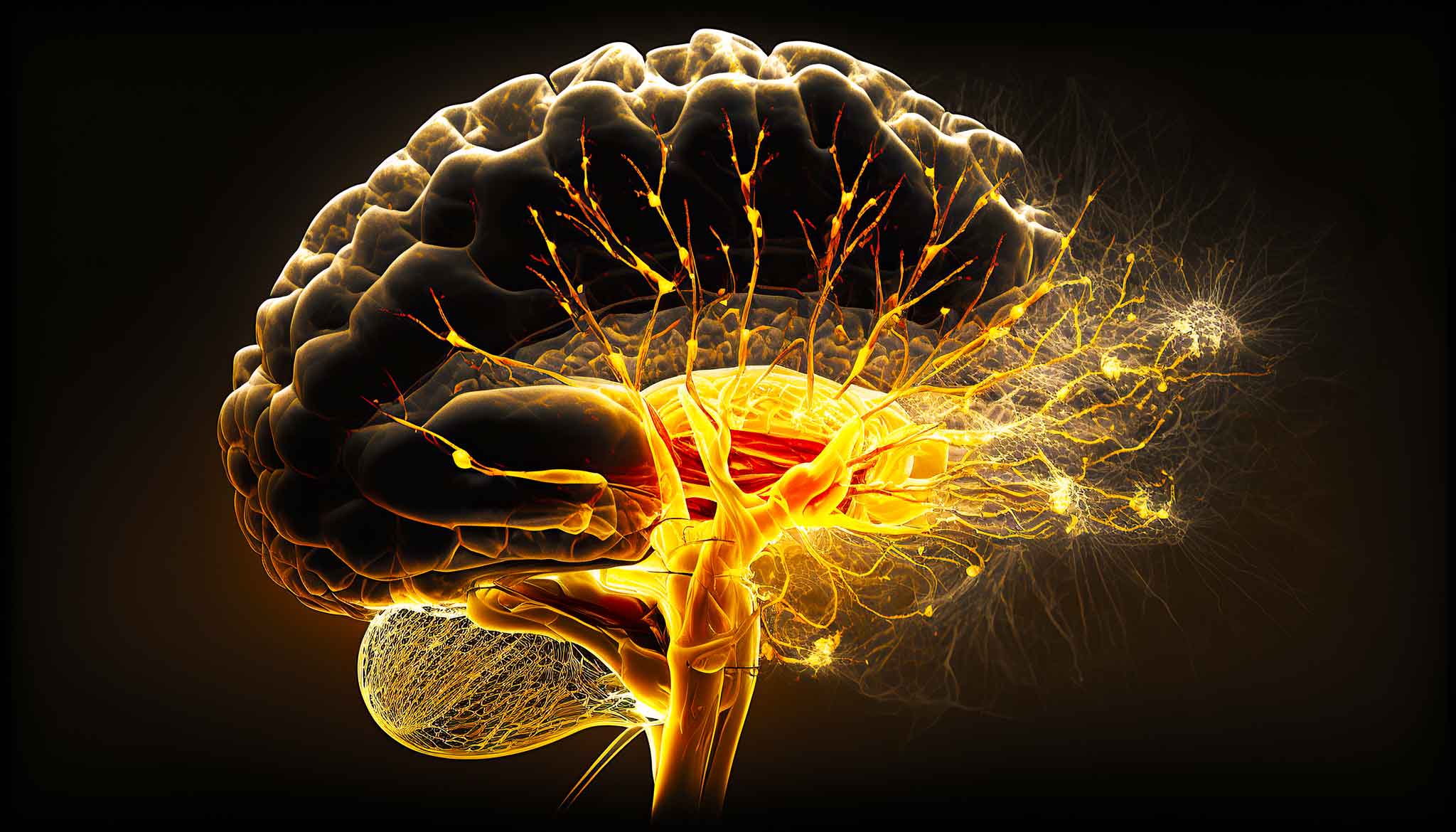Addiction and Substance Abuse Treatment in California
Get Help with Your Addiction or Substance Abuse
Initial Addiction Assessment
Our Treatment Centers Near You
Our Residential Treatment for Addiction and Substance Abuse
In some cases, your addiction can affect your daily life functioning. If you notice you are unable to work, maintain relationships, or take care of yourself, you may benefit from our residential program. In our residential facilities, you’ll have access to our detox program and rehab services. You’ll experience the same therapies as our outpatient options, with extended care and round-the-clock support from staff to assist in managing any withdrawal symptoms.
We offer semi-private and comfortable rooms, group outings to reconnect with nature, as well as in-home meals and laundry access. Giving yourself the time and healing environment to work through substance abuse symptoms is a great way to reconnect with yourself and get back to your life.
Detox Safely
Partial Hospitalization Program (PHP) and Intensive Outpatient Program (IOP)
We’ve developed the full continuum of care for addiction and substance abuse treatment with our PHP and IOP programs. Both programs for substance abuse include one-on-one and group therapy sessions with medication management where needed, case management sessions on an individual and group level, our holistic therapy and follow the 12-step program.
Our addiction and substance abuse treatment programs provide the support you need to heal your addiction, the associated symptoms, and connect with others also suffering from similar substance use disorders.

PHP
- 90 days of treatment
- 5 days per week
- 6 hours per day
Monday through Friday

IOP
- 6-8 weeks of treatment
- 3 days a week
- 3 hours per day
This option works with your schedule, Monday through Friday
What to Expect with PHP and IOP
Depending on what best suits your needs, you’ll begin at the PHP level and then move to the IOP program or may begin at the IOP level. In either case, once you’ve completed treatment, you’ll become a part of our ever-growing alumni community, providing hope and support to those who come after you.
These programs are structured with therapy and case management at an individual and group level, as well as holistic therapy and medication management for an addiction treatment schedule that provides healing at every step. These programs include:

Individual Therapy
Our therapists use highly successful addiction and substance use treatment methods such as cognitive behavior therapy (CBT), dialectical behavior therapy (DBT), somatic therapy and gestalt therapy.

Medication Management

Case Management

Group Therapy
In these sessions, you’ll focus on a therapy modality, such as CBT for addiction treatment, building important life skills, and working your mind and body connection through our holistic healing.

Holistic Groups
Our Virtual/Online IOP
Types of Addiction or Substance Abuse
Addiction can manifest in different ways through substance use disorders or behavioral addictions. Depending on your type of addiction, the symptoms associated can vary from physical to behavioral to both. Here are common addictions and their physical symptoms:
- Alcohol addiction’s most common symptoms include dizziness, shakiness, sweating, anxiety, nausea, slurred speech, and self-destructive behavior.
- Hallucinogens like PCP or LSD have symptoms including nausea, sweating, issues with vision, delusions, paranoia, and hallucinations.
- Sedatives and anxiolytics including sleeping pills, benzodiazepines such as Xanax, Klonopin, or Valium, and barbiturates have common symptoms such as slurred speech, mood swings, anxiety, and confusion.
- Inhalants such as paint thinners, aerosol sprays, gases, and nitrites use involve symptoms such as itching or burning of mouth, nose, and throat, shortness of breath, headache or nausea.
- Prescription and non-prescription opioids including codeine, oxycodone and heroin, can show symptoms of sweating, constipation, small pupils, slurred speech and nausea.
- Prescription and non-prescription stimulants including Adderall, cocaine, and methamphetamines most common symptoms include loss of appetite, hair loss, sweating, elevated blood pressure and heart rate and weight loss.
- Tobacco/Nicotine such as cigarettes, electronic cigarettes (e-cigarettes and vaping), nicotine gum, hookah, smokeless tobacco products, and cigars have symptoms of anxiety, strong cravings, irritability, depression, insomnia or digestive issues.
- Cannabis addiction can manifest through excessive sleeping, dry mouth, bloodshot eyes, increased appetite, paranoia, irritability and delayed responses.
- Caffeine addiction has symptoms including headaches, lack of energy, drowsiness, irregular heartbeat and increased blood pressure.
Behavioral addiction types can be just as influential and damaging to your way of life. Examples of behavioral addictions include gambling, shopping, internet and gaming, risky sexual behavior and exercising.
Our Other Services
We also provide the full spectrum of mental health services including the treatment of PTSD, depression, anxiety, bipolar, and more. Learn more about our mental health services:
Get Started Today
For more information about our services, to schedule a tour, or to find out if your treatment is covered by your health insurance, contact our expert clinical team today by completing the form below.
Frequently Asked Questions
-
What is the first step toward getting treatment for addiction?
The first step toward getting addiction treatment is admitting you have a problem, and need treatment. When you are motivated to seek addiction treatment, there’s nothing that can stop you. Our addiction treatment program is in network with most insurances so we can help you get the right treatment to get your life back on track.
-
What is the most common form of treatment for addiction?
Each substance abuse disorder or addiction you are experiencing has different side effects, indicating different types of treatment that are most effective. Most substance abuse disorders will react positively to therapy such as CBT or DBT, rehab and detox services, and medication support. We can help you gain sobriety and build important life skills to get back to living your life. Give us a call today.
-
How do I know if I’m addicted?
You will know you are addicted to something when you feel an inability to stay away to that specific thing. When you notice you are ignoring relationships or risk factors, or experiencing physical symptoms such as shakiness, sweating and irritability, you may be suffering from addiction. Our clinical team can assess your symptoms to determine where you are in your addiction, and what level of treatment would work best to help ease your addiction symptoms. Give us a call today.

